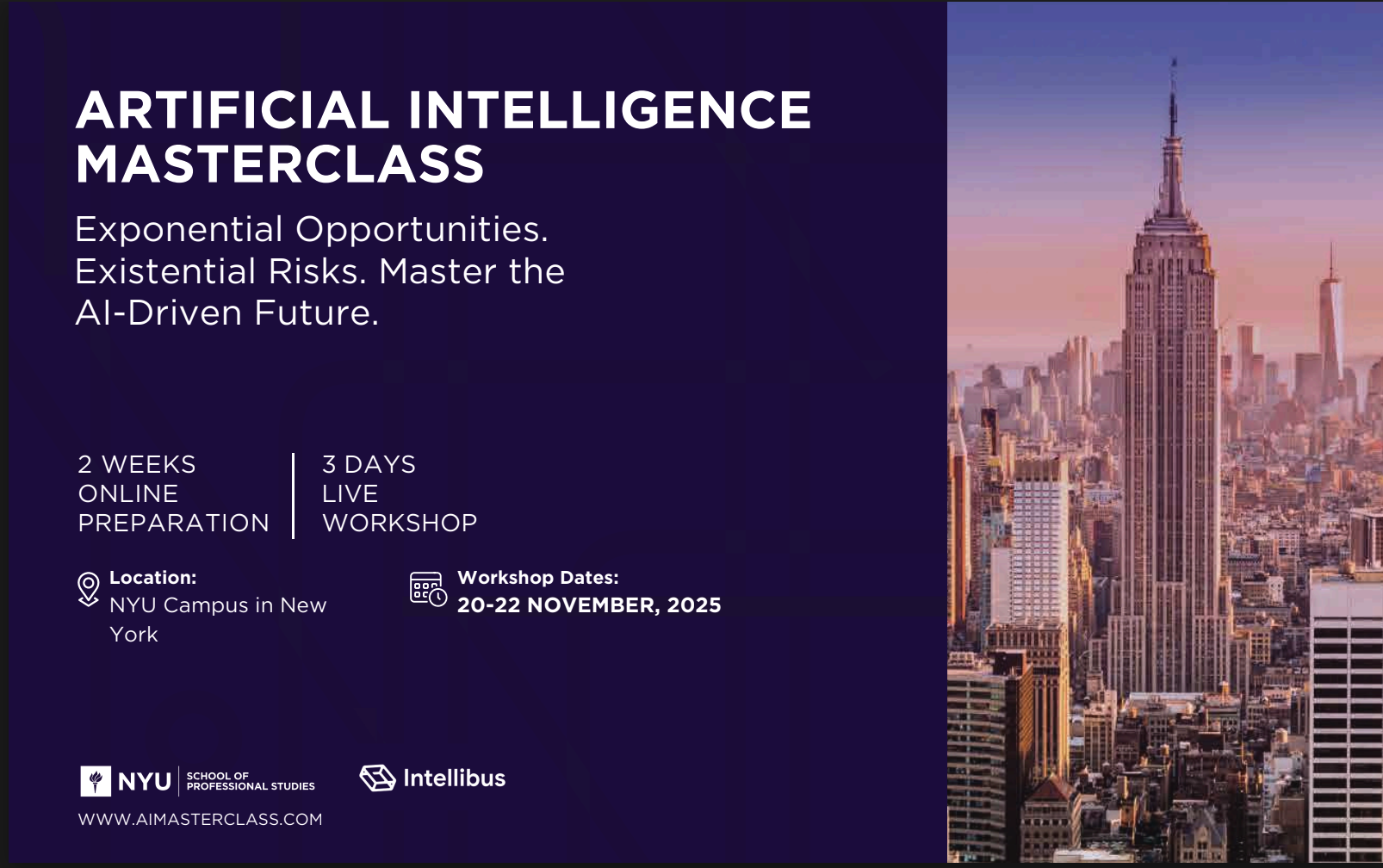What is Reinforcement Learning for Game AI?
What is Reinforcement Learning for Game AI?
Reinforcement Learning (RL) is an aspect of artificial intelligence (AI) that focuses on the training of machine learning models to make a sequence of decisions. It plays an integral role in game AI, outlining algorithms for systems to learn from their experiences and adapt their behavior over time. Games provide a controlled and diverse environment in which these AI agents can learn to tackle complex tasks, effectively enhancing the gameplay experience.
Key Characteristics of Reinforcement Learning for Game AI:
- Dynamic Environment: Reinforcement Learning uses a dynamic environment for the AI to interact with. The AI agent performs actions which alter the state of the environment.
- Multi-dimensional Actions: RL agents have the capability to decide from multiple actions based on the current state, rather than following a set pattern.
- Self-learning: RL for Game AI operates based on a reward system. Depending on the actions taken, the AI is provided rewards or penalties, enabling it to learn from its actions.
- Trial-and-error: RL algorithms function on a trial and error basis, exploring various actions and strategies to maximize gains.
- Efficiency: Reinforcement Learning is exceptionally efficient in solving complex problems where explicit programming of all the possibilities is unfeasible.
Advantages of Reinforcement Learning for Game AI
RL for Game AI offers numerous benefits, including:
- Autonomous Learning: With RL, the AI can progressively improve its performance as it learns from both successful and unsuccessful actions, promoting autonomous learning.
- Complex Problem-Solving: Reinforcement Learning is effective in exploring solutions for complex problems, especially in multi-player gaming scenarios where endless dynamics exist.
- Maximizing Rewards: The inherent aim of RL is to learn policies that maximize the long-term reward, thus making AIs capable of performing intricate maneuvers and adopting strategies.
- Generalization of Learning: The learning acquired by the AI in one game level or session can be generalized and applied to other levels or sessions.
- Adaptability: Reinforcement learning facilitates adaptability, enabling AI to learn new strategies on the go and enhancing its interactive capabilities.
Artificial Intelligence Master Class
Exponential Opportunities. Existential Risks. Master the AI-Driven Future.
Disadvantages of Reinforcement Learning for Game AI:
RL for Game AI also poses several challenges:
- Training Time: As RL involves trialing multiple strategies, the time taken for AI agents to learn and improve can be relatively long.
- Computational Resources: The high dependence on computational power and resources can be a constraint when dealing with complex game environments.
- Difficulty in Specifying Rewards: Determining an optimal reward function that consistently leads to desirable behavior can be challenging.
- Risk of Overfitting: Overfitting occurs when the AI over optimizes towards the training setup leading to a decrease in performance during actual gameplay.
- Partial Observability: Often in complex games, the AI does not have a complete perspective or information about the environment. This can limit the effectiveness of RL.
Implementation of Reinforcement Learning for Game AI
Implementing RL for Game AI necessitates a careful strategic approach. Initially, defining the environment, the states, actions, and the reward function is crucial. Choosing a suitable RL algorithm is equally important. An adequate amount of training data is needed to enable the RL agent to learn and adapt. Regular monitoring of the training process also proves essential to assure that the AI is learning effectively. Concurrently, addressing the AI's interaction with the game environment is fundamental to enhance game performance and achieve the most satisfactory gameplay experience.
Reinforcement Learning brings a revolutionary approach to Game AI, laying the groundwork for a more immersive, adaptive, and intricate gameplay experience. Despite its challenges, strategic implementation and monitoring can significantly maximize the benefits and potentially transform the dynamics of the gaming ecosystem.
Take Action

Download Brochure
- Course overview
- Learning journey
- Learning methodology
- Faculty
- Panel members
- Benefits of the program to you and your organization
- Admissions
- Schedule and tuition
- Location and logistics



